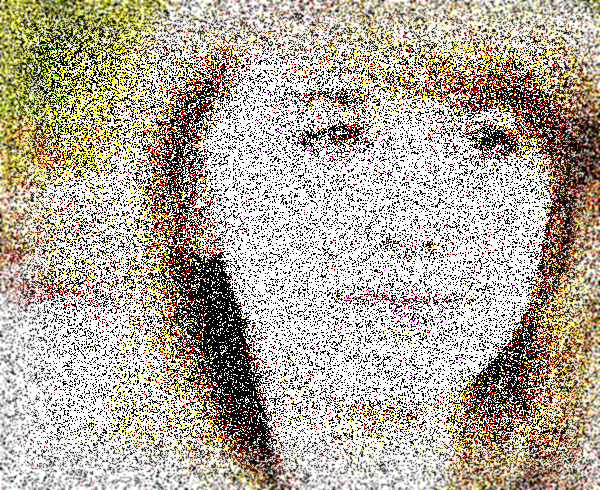Awakening in the New Year

Which is more difficult, to awaken one who sleeps or to awaken one who, awake, dreams that he is awake?
Soren Kierkegaard
Some weeks ago I reflected on our American Thanksgiving tradition of civic proclamations of corporate repentance for our sins and gratitude to God for blessings in the year past. At the end of these musings I suggested we pray for a new ‘Great Awakening’ in our land so that we might again whole heartedly “offer up our bodies and souls as a living and acceptable Service unto God by Jesus Christ” as did the Puritan colonists of Charlestown, Massachusetts in 1676.
David Goldman (aka ‘Spengler’) has recently reviewed American Awakening, Identity Politics and Other Afflictions of Our Time, by Joshua Mitchell. I recommend the review to those who, like myself, are concerned and troubled by what many have seen as a rapid secularization of the fabric of American life. Mitchell suggests that certainly there has been a dramatic drop in traditional, especially ‘mainline’, religious involvement across the US since the 1960’s, but what appear to be secular/non-religious phenomena in the passionate dedication to identity politics of all kinds are best understood as de-Christianized Puritanical movements. This new (anti-Christ) Awakening has immense breadth and power not only among the young but also in the leading cultural institutions of education, media, business, law and of course the politics of the left most prominently.
Identity politics is a form of secularized Puritanism, as surely as the ritualized hunt for racists at American universities is a farcical reenactment of the Salem Witch Trials of 1692, which the Puritan leaders of Massachusetts first supported and later regretted.
Having not read Mitchell’s book, I’m not aware that he references any Girardian influences. But Goldman’s quotes from the text indicate a possible fruitful exploration:
“We have lost sight of the real significance of the individual in proportion to the degree to which we have lost sight of the Christian understanding of the scapegoat,” writes Mitchell. “Should this loss become complete, we would not replace much-maligned individualism with wholesome communitarianism, but rather with the satisfaction that comes when one group scapegoats another group. We will replace it with tribalism. Although he wrote reverentially about the precious gift of liberty in the democratic age, Tocqueville understood that democratic man would find the plural world of parochial, local, and national attachments in which that liberty had to be embedded too much of an encumbrance to endure. He would wish to take flight. Having already broken free of some of the linkages that bound him to nature, to his past, and to his fellow citizens, democratic man would wish to break free from them altogether…. This democratic impulse goes too far. Citizens are, ultimately, creatures that must have a home, a family, a locale, a nation, a religion.”
What makes men equal, Mitchell avers, is “the radical asymmetry between God and man.” For Christians, God himself provided the scapegoat for all of our shortcomings, in the person of Jesus of Nazareth sacrificed on the cross. That sacrifice, Mitchell argues, makes it possible for every man to look at every other as an equal; without it, we inevitably find a human scapegoat and descend into tribalism.
Mitchell has hope that we will awake from from the slumber into which we have fallen due to identity politics, bi-polarity, and addiction. But as Kierkegaard implies it is much more difficult to awaken someone who, while “woke”, ‘dreams he is awake’

